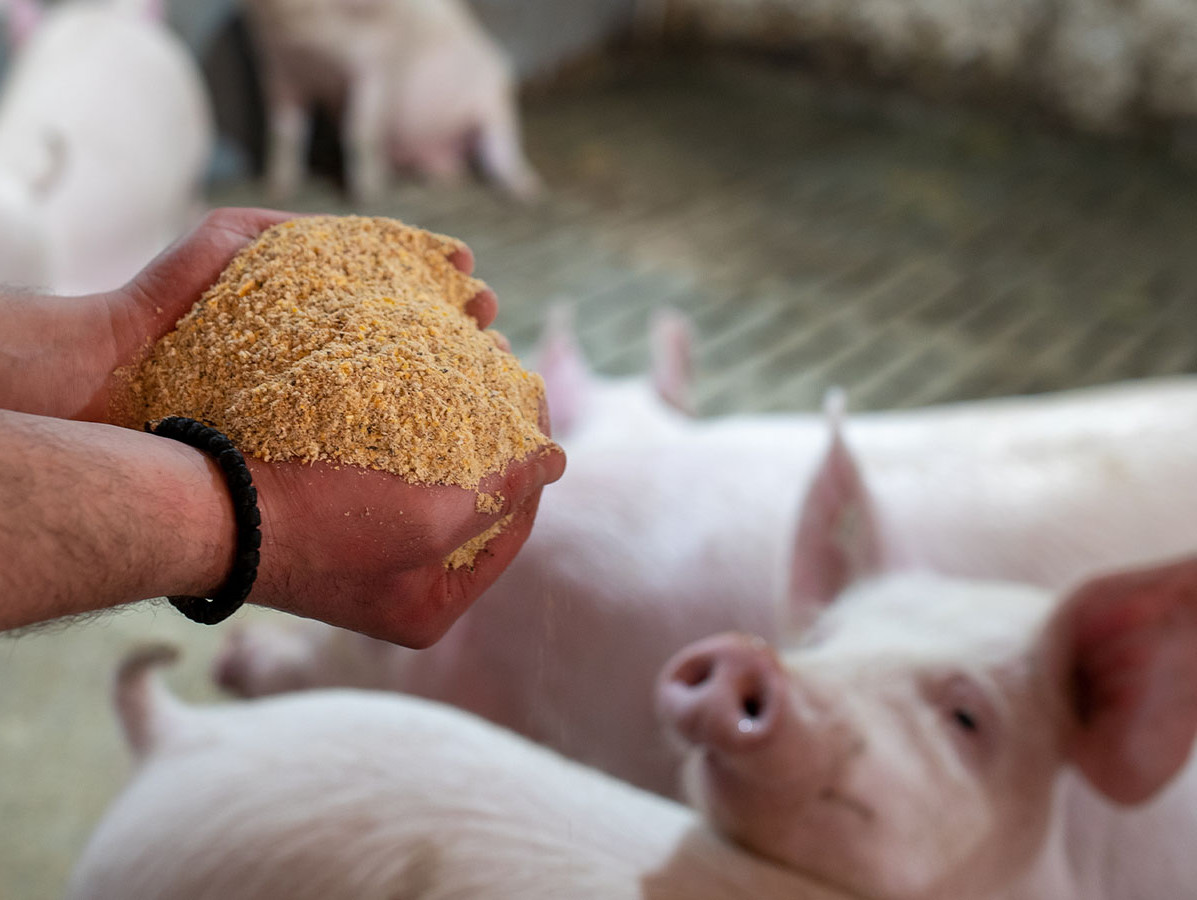
Scientists from Wageningen University & Research (WUR), Utrecht University (UU), and the Louis Bolk Institute (LBI) have initiated a large-scale study to investigate the effects of organic food on pig health. This research, funded by the Ministry of Agriculture, Fisheries, Food Security, and Nature (LVVN), aims to provide insights into the potential benefits of organic food compared to conventional food.
In the study, pigs are fed diets composed of either conventional or organic ingredients. The mother pigs consume either organic or conventional feed from the time of conception, and the piglets follow this diet pattern after birth. In a secondary study, pigs are only given one of the two types of feed after weaning. Health effects are measured when the pigs reach young adulthood. The goal is to determine if organic food indeed offers health benefits.
The scientists focus on various health aspects, including the immune system, metabolism, hormonal responses, and blood pressure of the pigs. They study the immune system's response to vaccinations and dietary changes. A quick recovery time of the immune system is seen as a positive indicator. Health effects are measured through immune system reactions, metabolism, hormonal responses, blood pressure, and the gut microbiome.
In organic farming, no artificial fertilizers or chemical-synthetic pesticides are used. This could result in healthier nutrients in organic products. Many consumers choose organic food due to its perceived health benefits, although scientific evidence for this is still limited.
The research began in June 2024, with results expected by early 2026. Pigs are used as a model due to their physiological similarities to humans. Each team member contributes specific expertise, ranging from animal nutrition to immunology and human nutrition, to gain a comprehensive understanding of the health effects of organic food.
Source: Wageningen University & Research